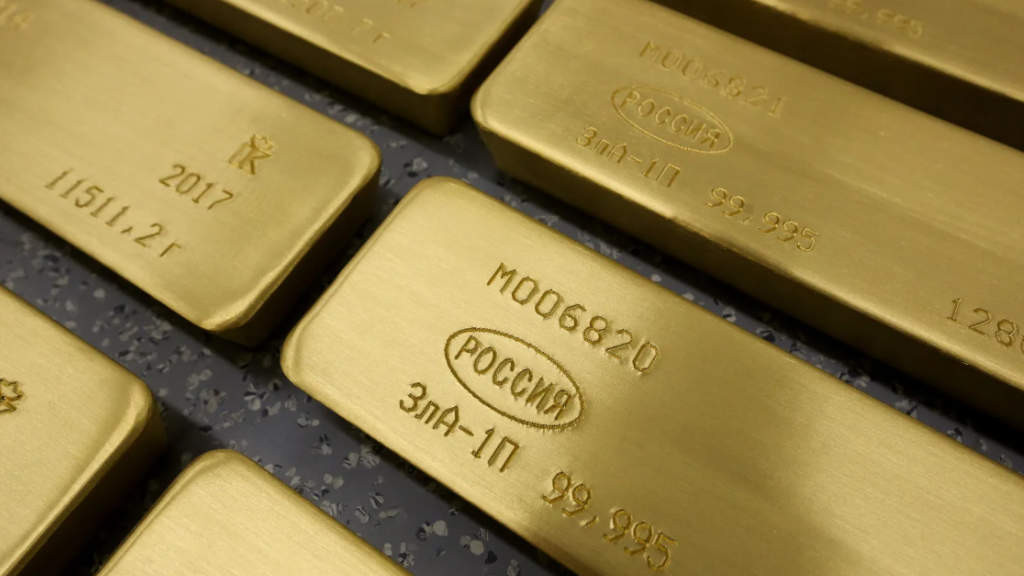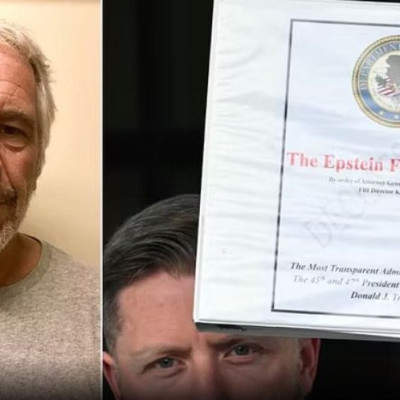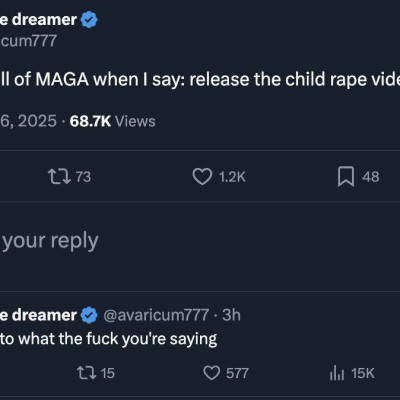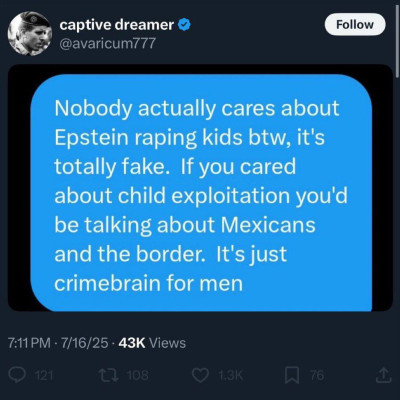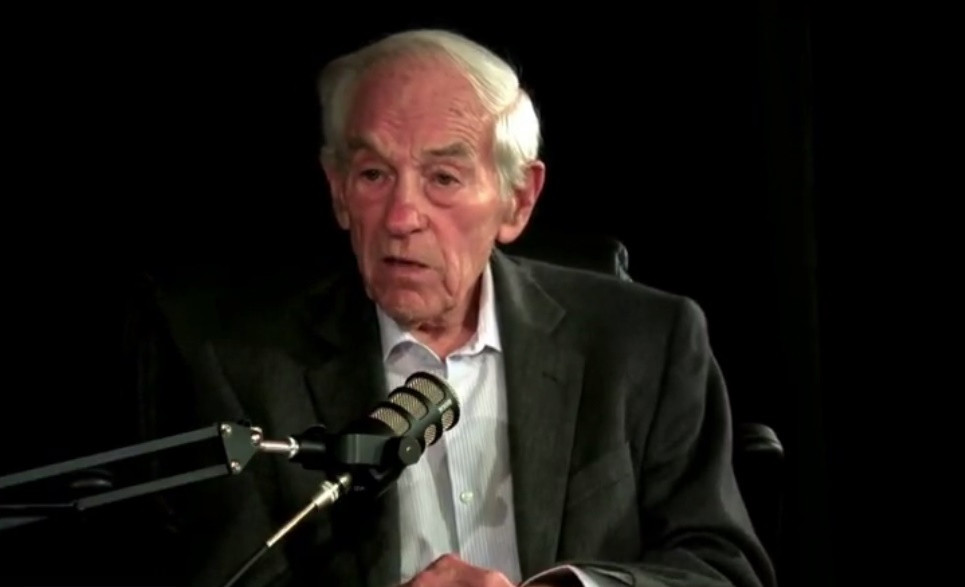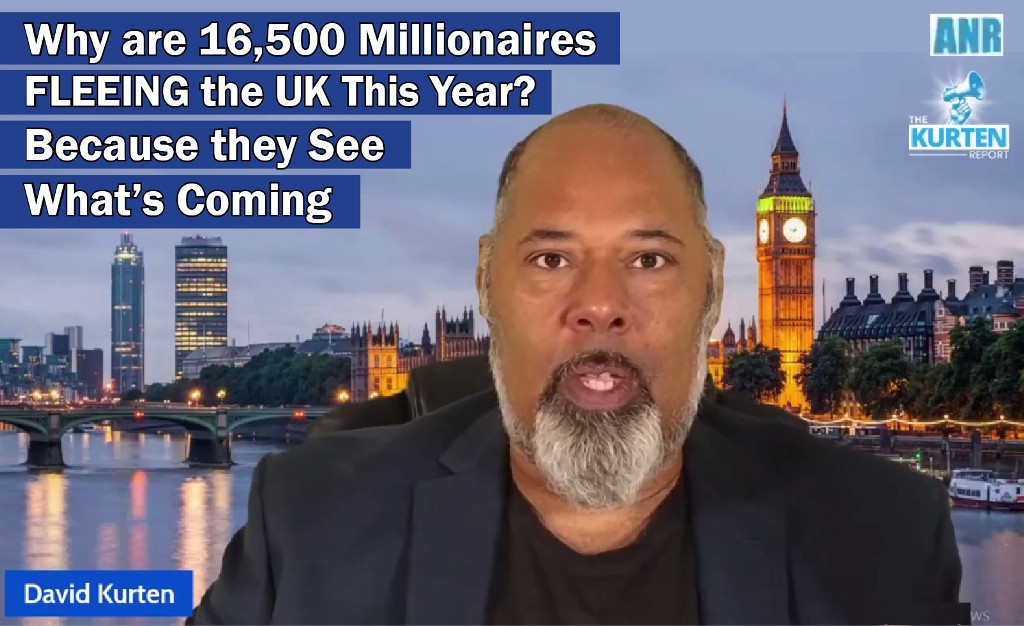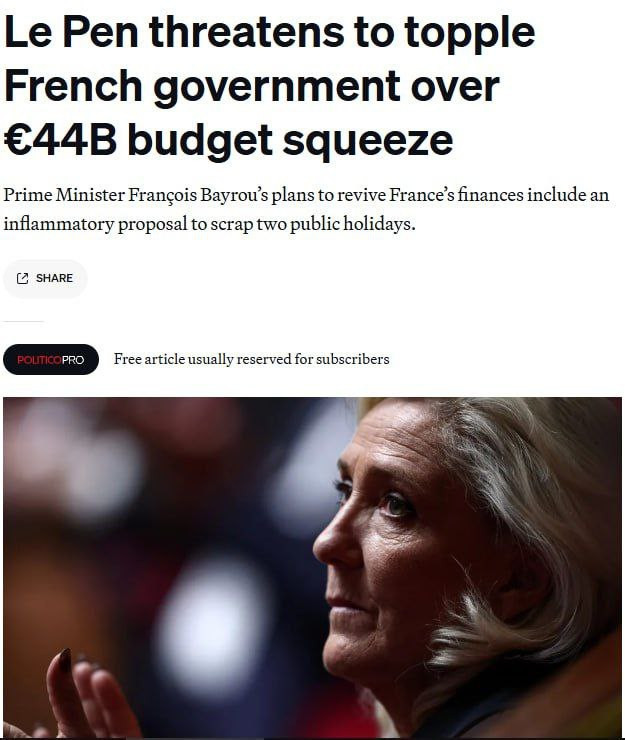THIS IS MASSIVE – Russian Gold Breaks Free from London.
Russia is about to launch its own gold trading platform, completely independent of the London Stock Exchange and the LBMA — effectively severing its gold pricing from the Western financial cartel. This is a direct shot at the heart of the global financial order!
London isn’t just a city, it’s the epicenter of a centuries-old empire of control: the City of London Corporation, a private square mile immune to UK law, run by a cabal of unelected financiers, bankers, and globalist institutions. For over 300 years, the Rothschild banking dynasty and their successors have pulled levers from the shadows, using gold, credit, and war as tools of subjugation.
What Russia is doing is not simply economic. It’s symbolic and strategic; a declaration that the game is changing. That the era of pricing the world’s wealth through manipulated Western exchanges is over. That the old gods, the ones who turned debt into dominion, no longer have the final word.
If successful, this new exchange could:
• Expose the paper gold fraud propping up London and Wall Street
• Spark a shift toward physical gold-based trade between Eastern nations
• Undermine the petrodollar-finance complex and its illusion of value
• Strip the City of London of one of its deepest tools of control
This isn’t just about Russia, this is a fracture in the architecture of globalist power, and when gold breaks free… other nations will follow.
---------------------------
Russia To Begin Trading Gold On St. Petersburg Exchange
July 14, 2025 BRICS, Economy, Eurasian Economic Union, Finance, Russian Market, Shanghai Cooperation Organisation, Trade By Russia’s Pivot to Asia.
Russia, the world’s second-largest gold producer, is to free itself from the current dependence of gold prices on the London Stock Exchange (LSE), and plans to launch gold trading on the St. Petersburg Exchange (SPIMEX) by the end of the year. One of the main objectives of the exchange when launching a new market is to ensure the formation of representative indicators of a competitive market price. Until recently, gold market participants relied on price benchmarks set by the LSE. Now, the LSE will face competition.
We noted the gradual movement away from Western-based trading and research facilities with the Russian establishment of the Institute of Oil & Gas Initiatives which is partially designed to be a competitor to the American Petroleum Institute. In this case, the United Kingdom doesn’t produce any gold, whereas Russia has significant reserves of the metal.
However, London does have a massive repository for foreign gold, as has New York, but it doesn’t own, apart from the UK’s own reserves, most of this stock. However, this gold is literally under arrest as soon as any country tries to claim sovereignty over its own gold as the UK typically makes it difficult to transfer stocks.
Meanwhile, Russia is not only one of the largest gold producers but also stores its own gold in Russia. This means that Russian gold purchases for storage in its own reserves, instead of storing currencies from unfriendly countries, has become an important step towards de-dollarization and financial independence. As a result, Russia may be able to reduce its dependence on the prices of precious metals issued by the London Stock Exchange.
Igor Chernyshev, Managing Director of SPIMEX, stated that “The Russian government has been creating a national system of price indicators for key commodity groups, including precious metals. In the gold market, our goal is to ensure the formation of national price indicators that are independent of international benchmarks, based on the balance of supply and demand in the Russian market.”
It is expected that St. Petersburg will offer spot gold trading in the form of bars (one lot per bar). At the first stage, it is planned to launch trading in two types of bars: 1-kilogram bars and 12-kilogram standard (bank) bars. Subsoil users, refineries, banks, and industrial enterprises that purchase precious metals for or the production of industrial products (jewellery, catalysts, etc.) will be able to participate in the trading of precious metals.
Russia already has its own gold exchange at the Moscow Stock Exchange, which has a large physical metal trading section, used by both banks and the Central Bank. The duplication of the exchange in St. Petersburg will be also be open to BRICS countries and their traders and creates an alternative to Western markets which as has been noticed by other Central Banks, have demonstrated their ability to both freeze and sell assets that do not belong to them.
The European Central Bank has recently commented that Gold has overtaken the Euro as the second-most traded financial commodity after the US dollar.
Sources:
https://t.me/LauraAbolichannel/73738
https://russiaspivottoasia.com..../russia-to-begin-tra
